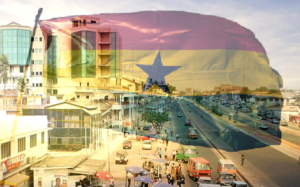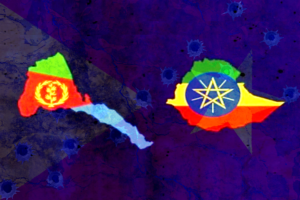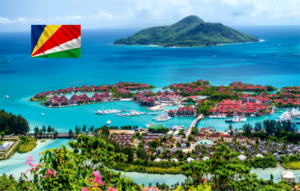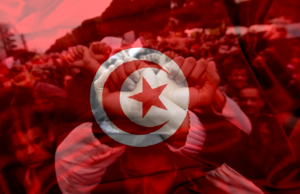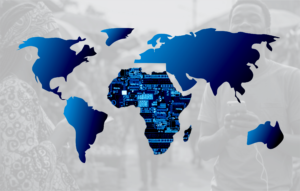Cameroon Court Dismisses Election-Rigging Petitions as Nation Braces for Disputed Result
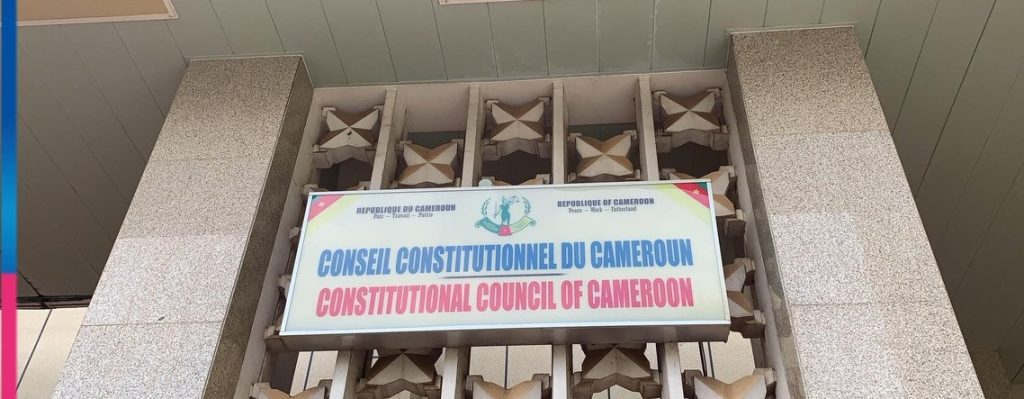
Cameroon’s Constitutional Council on Thursday swept aside opposition petitions seeking to annul the country’s disputed presidential election, setting the stage for a tense announcement of final results on Monday, Yaoundé.
The court dismissed eight separate challenges to the October 12 vote, saying petitioners failed to provide sufficient evidence of irregularities or lacked jurisdiction to contest the outcome. The decision, delivered under tight security in the capital, comes in the middle of swelling street protests and mounting unease across the country’s major cities.
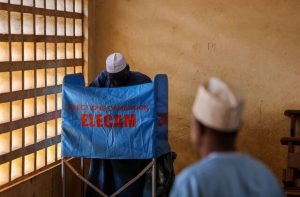
In the center of the turmoil is a familiar political feature, a 92-year-old President Paul Biya, Africa’s oldest head of state, seeking yet another seven-year term after 43 years in power, and his onetime ally turned rival, Issa Tchiroma Bakary, a fiery 76-year-old former government spokesman who broke ranks to run against him.
Biya’s campaign was characteristically minimal. He appeared at just one rally. Yet, his ruling party insists victory is certain. Tchiroma Bakary, meanwhile, has declared himself the legal and legitimate president, claiming an outright win with 55 percent of the vote based on what he described as partial returns covering 80 percent of the electorate.
Tchiroma warned in a defiant video posted on social media that – “If the Constitutional Council proclaims falsified and truncated results, it will be complicit in a breach of trust. With their backs against the wall, the people will have no choice but to take their destiny into their own hands”. His declaration has been dismissed by Biya’s camp as illegal and irresponsible, with government officials stressing that only the Constitutional Council can proclaim official results. The Catholic Church, one of the country’s few institutions still widely trusted, urged the court to ensure that its ruling reflects the true will of the Cameroonian people.
An uncertainly disturbing national anxiety, is wagging behind the legal wrangling. Cameroon remains fractured by a grinding separatist conflict in its Anglophone regions and an ongoing battle against Boko Haram militants in the far North. A lot of families are already living with fear and uncertainty. While on the phase, the prospect of post-election unrest is yet another burden that is unclear.
As Monday’s announcement approaches, Yaoundé’s streets hum with both tension and exhaustion. It depicts Cameroon as a country caught in-between loyalty and the longing for change; buffing her hearings for the weight of history, inspite of a delicate hope that the ballot box might still deliver a future of her people’s choice.


